A system of parts rather than a single piece of machinery, force transducers are common in many industries for many applications. The manufacturing, automotive, medical, defense, and assembly line industries use force transducers in applications like quality assurance in manufacturing and assembly, press monitoring, biomechanics, product testing, materials testing, dynamic weighing of moving vehicles, and wheel force measurement. They are also used in the home as kitchen scales and small, portable tire pressure gauges. Read More…
Our load cells are manufactured with the highest attention to detail at all stages. Whether it is through the design stage, engineering stage, or through hundreds of tests run daily, we ensure that our products outshine all competitor products.

Founded in 1985, Load Cell Central has firmly established its reputation as a leader in load cell manufacturing, custom weighing system integration, and first-class load cell repairs. Load Cell Central offers a wide variety of popular load cell and component configurations for virtually every new or old weighing system, scale or component replacement possibility. Technical and after-sale support, ...

At TyTek Industries we manufacture load cells to suit all capabilities. Our expertise has provided insight and load cell solutions for a range of customers and industries. Our engineering team’s philosophy ensures we do everything humanly and technologically possible to match your requirements with quality, cost and delivery. We’re here to help you carry the load.

SENTRAN's corporate charter is to manufacture and market premium quality load cells. SENTRAN serves the biomedical, pharmaceutical, food and beverage, material handling, aerospace, automotive, agricultural, fitness and health, petrochemical and off-shore industries. SENTRAN’s experienced and knowledgeable workforce is capable and ready to find the solution that’s right for you. Call now!

Since 1976, Toledo Integrated Systems has developed force measurement, tonnage monitoring and press control systems for some of the finest manufacturers in the world. We have created many of the innovations that have set the standard for force measurement today. Products include: strain gage sensors and load cells, we’ve also expanded to tonnage monitors, load modules, die protection.

More Force Transducer Manufacturers
These force measurement systems produce data by analog or digital electronic, pneumatic, or hydraulic outputs. They are inexpensive to produce and long lasting.
They also vary in size and weight, depending on their intended use. A force transducer can be as large as hundreds of tons when it is meant for industrial building or as small as a gram for minuscule medical measurements.
Environmental hazards, placement, and size are all things that require consideration to make sure that those in the environment with a force transducer, particularly the larger ones, are safe.
The object or material being measured by a force transducer must exhibit some elasticity in order to work correctly. Their components include a scale platform, electronic system for the output voltage, and a strain gauge sensor or load cell.
There are four main types of force transducers, all ranging in methods of measuring and construction.
Strain gauge load cells are the most common type and have multiple elastic elements that measure the force in certain spots.
Piezoelectric crystal force transducers use quartz under pressure, which produces an electrical charge that is proportional to the mechanical load applied.
Both are basically translating a deformation of their measurement structures, a coil for the strain gauge and a crystal for the piezoelectric, into a readable signal.
Hydraulic load cells use pressurized liquid to measure force, while pneumatic systems use force and pneumatic pressure. The counteracting pressure is measured and displayed.
Like load cells, force transducer models must be chosen with care by consumers, since there are many factors involved.






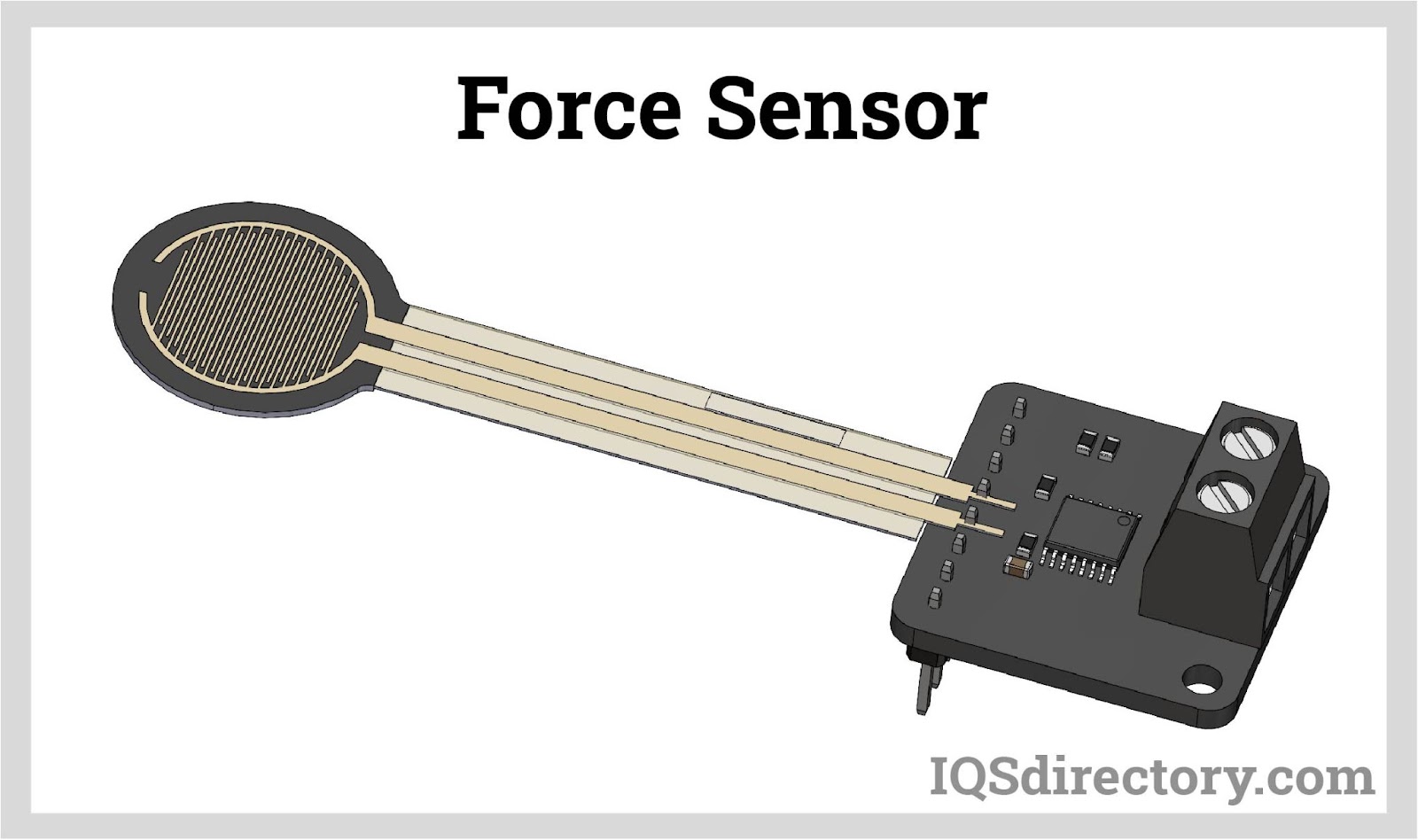
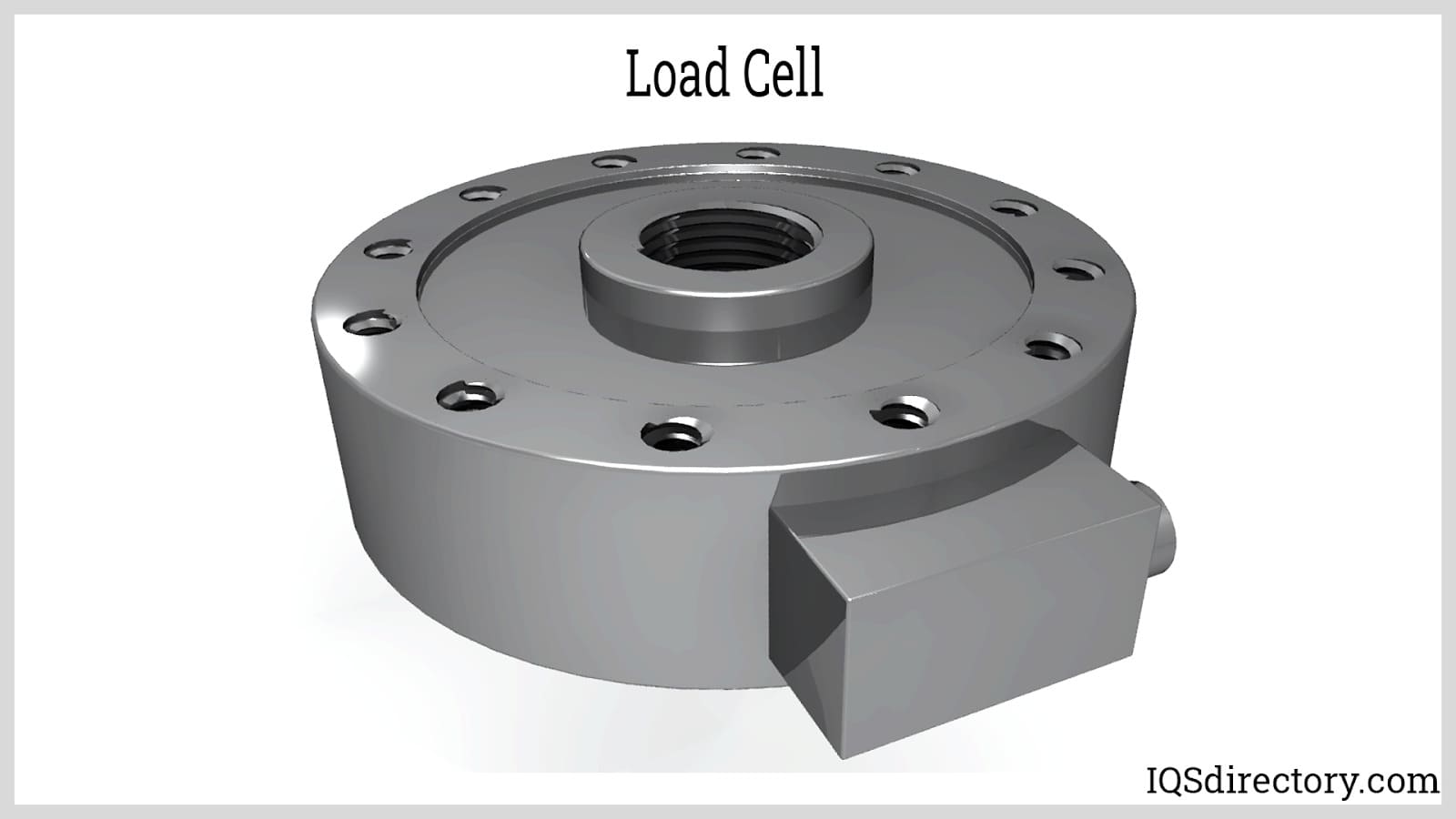
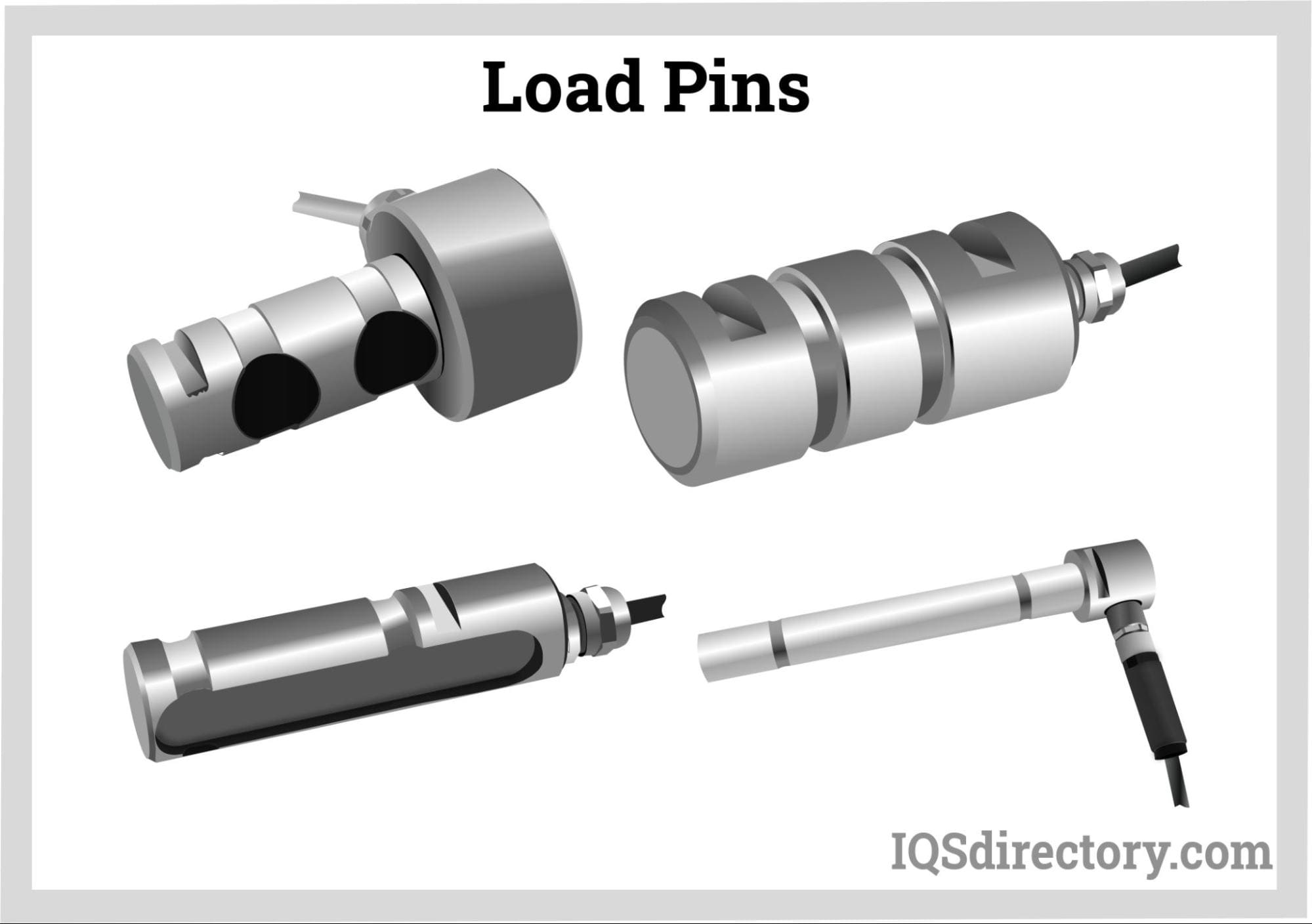
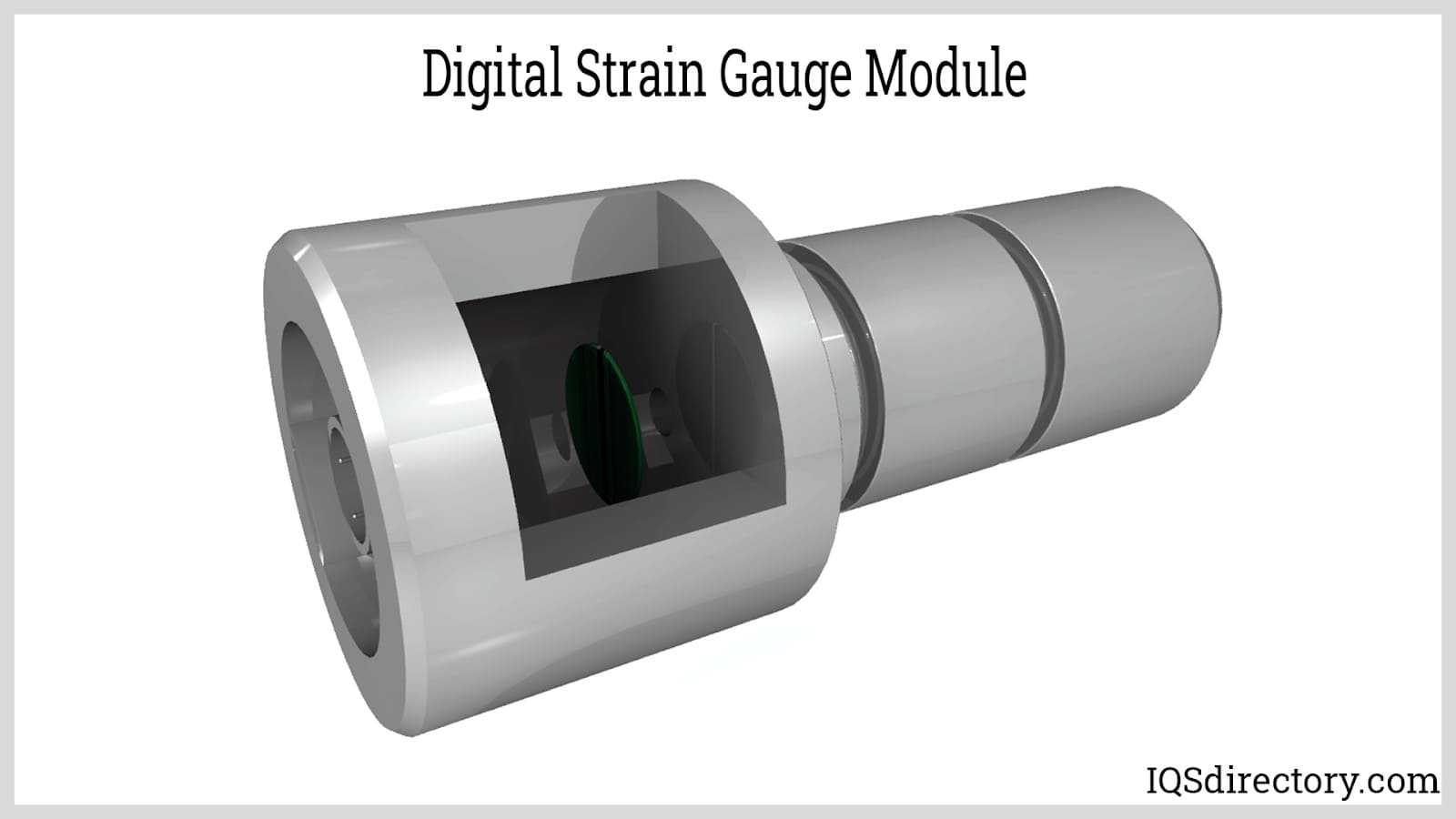
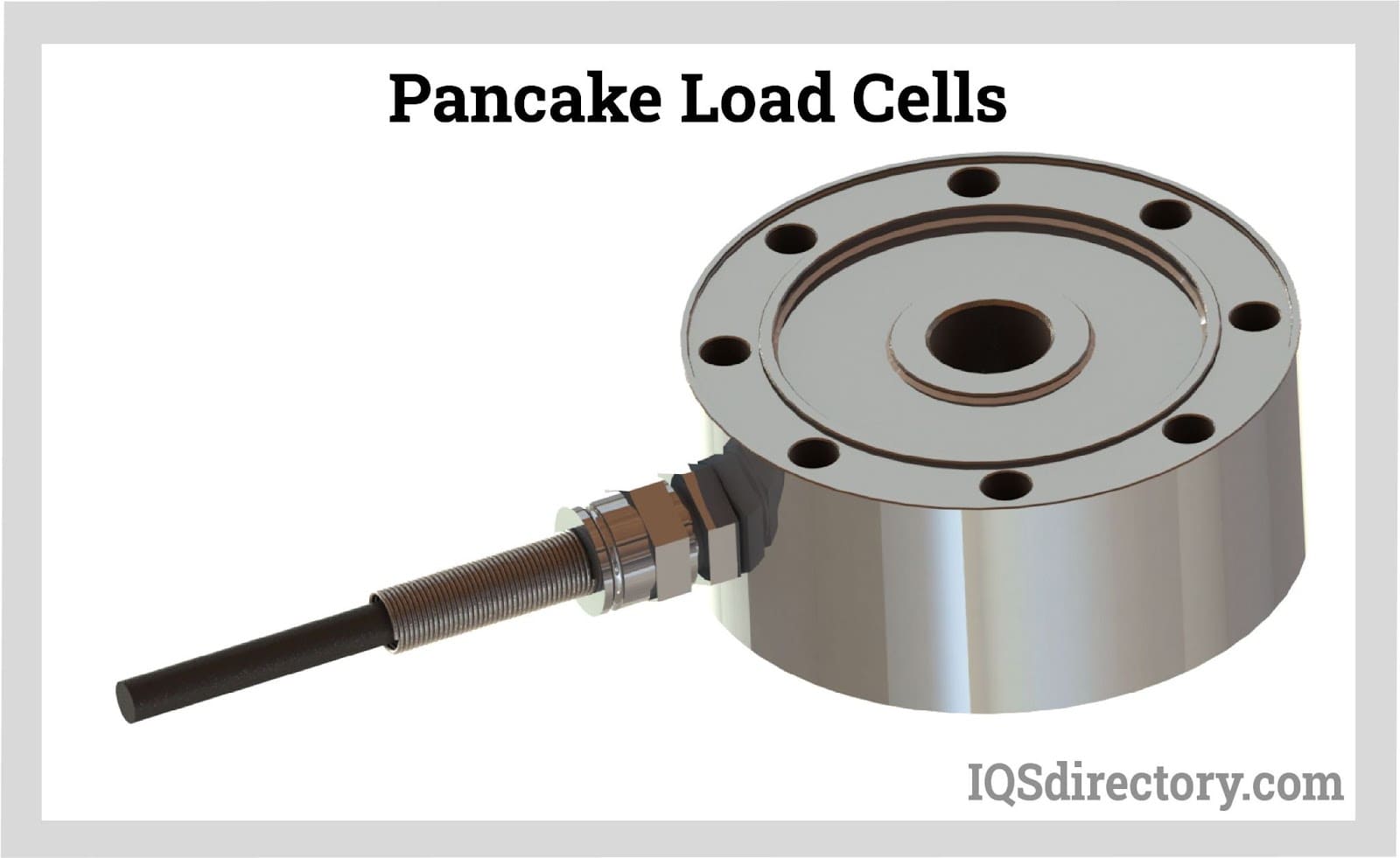
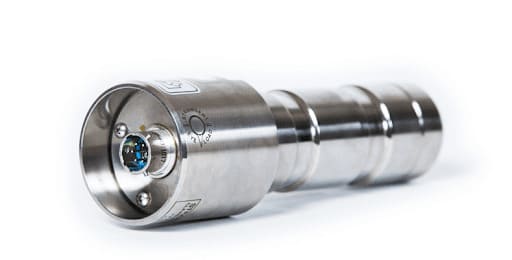
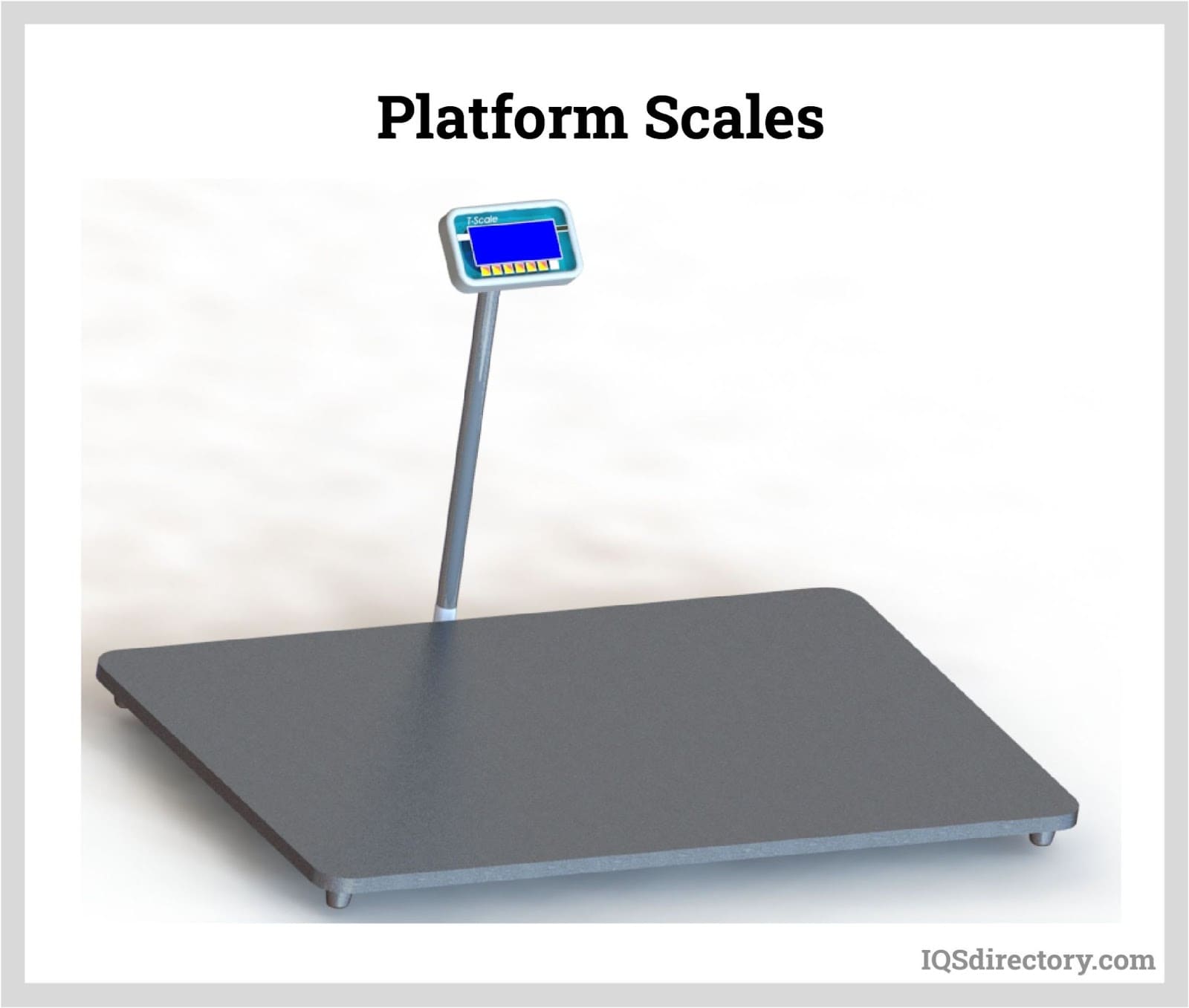
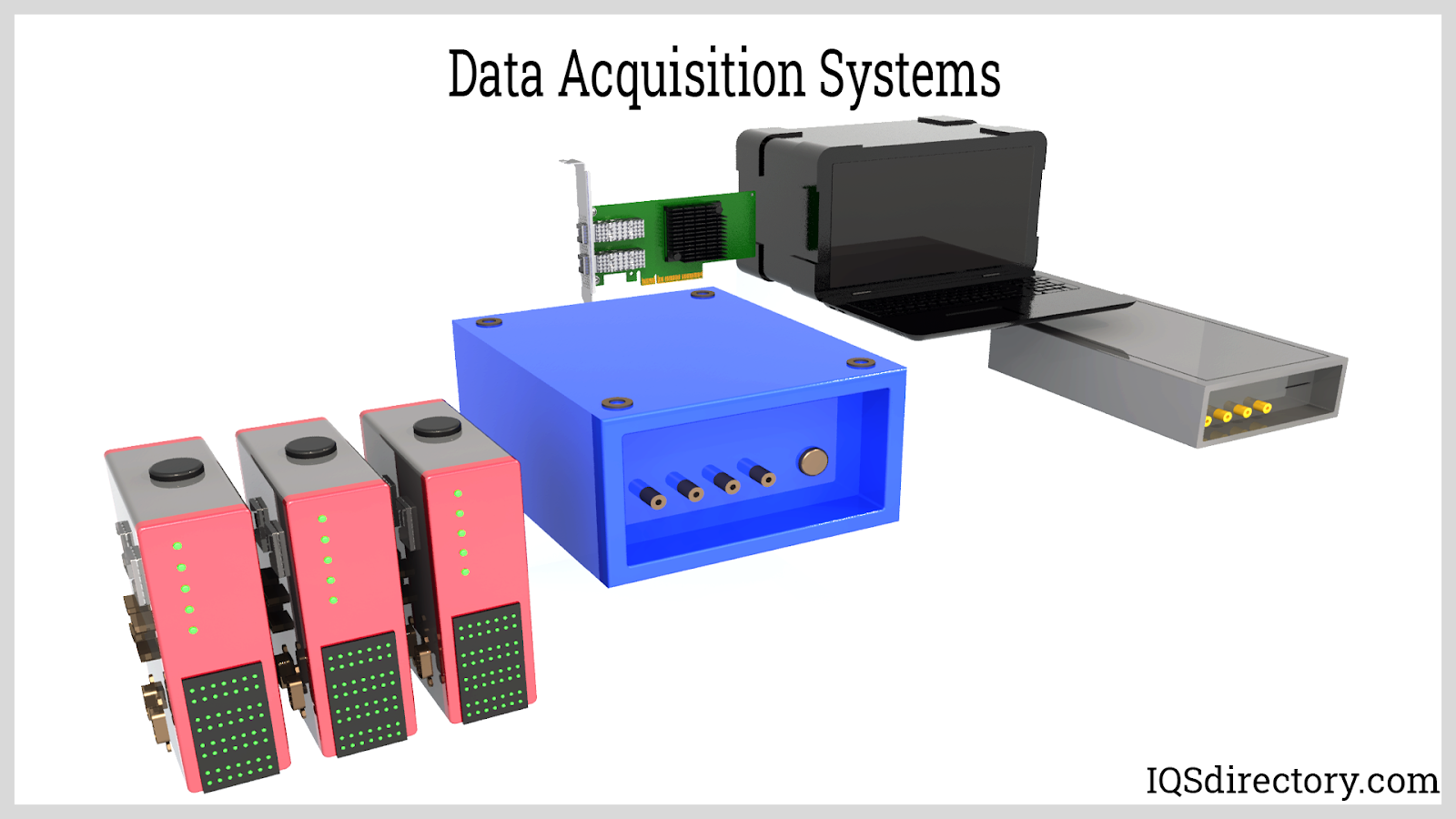
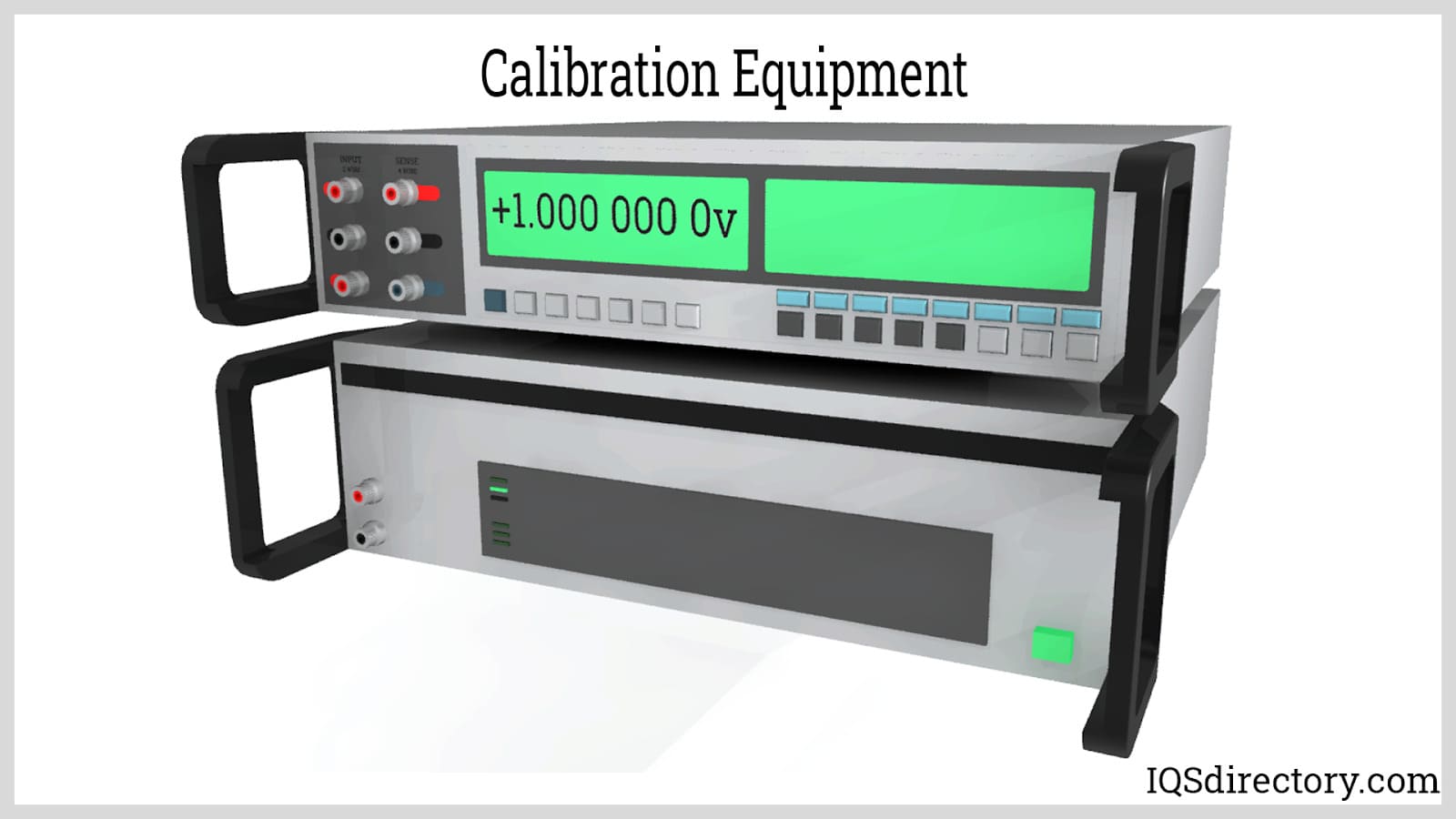
 Calibration Services
Calibration Services Clean Rooms
Clean Rooms Data Acquisition Systems
Data Acquisition Systems Dynamometers
Dynamometers Environmental Test Chamber
Environmental Test Chamber Leak Detectors
Leak Detectors Load Cells
Load Cells Machine Vision Systems
Machine Vision Systems Scales
Scales Thermocouples
Thermocouples Castings & Forgings
Castings & Forgings Bulk Material Handling
Bulk Material Handling Electrical & Electronic Components
Electrical & Electronic Components Flow Instrumentation
Flow Instrumentation Hardware
Hardware Material Handling Equipment
Material Handling Equipment Metal Cutting Services
Metal Cutting Services Metal Forming Services
Metal Forming Services Metal Suppliers
Metal Suppliers Motion Control Products
Motion Control Products Plant & Facility Equipment
Plant & Facility Equipment Plant & Facility Supplies
Plant & Facility Supplies Plastic Molding Processes
Plastic Molding Processes Pumps & Valves
Pumps & Valves Recycling Equipment
Recycling Equipment Rubber Products & Services
Rubber Products & Services